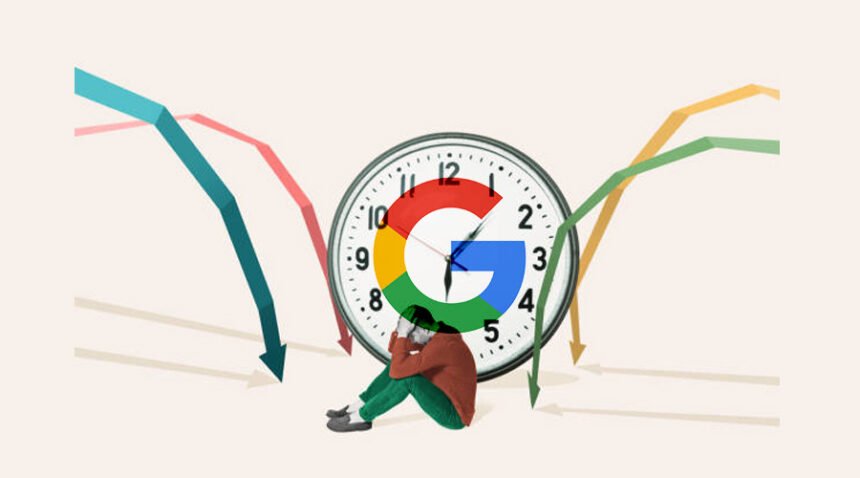In its advertising film, Google Inc.’s new experimental AI service, “Bard,” which was designed to compete with Microsoft’s ChatGPT, provided incorrect information. On February 8, during regular trading hours, the company’s shares on the Nasdaq market fell 7.8%, while after-hours trading was unchanged.
A few hours before Bard’s debut ceremony in Paris, Reuters found the inaccuracy.
When asked what to inform a 9-year-old about recent findings from the James Webb Space Telescope (JWST) in the demonstration video of Bard, the chatbot replies that the JWST was used to take photographs of a planet outside the Milky Way. That is untrue.
The chatbot was developed to compete with Microsoft’s ground-breaking AI chatbot, ChatGPT, and its goal is to simplify complicated issues. Google appears to have developed a rival too rapidly, though.
In general, there is still a long way to go before AI systems are fully integrated into commercial processes and begin to eliminate employment. The dangers of plagiarised work biased findings, and incorrect remedies continue.
According to a research note published on Wednesday by Baird analyst Colin Sebastian, Microsoft is leading the early race in AI PR. But, he emphasized, the race is only getting started.
Microsoft is a significant investor in AI rival OpenAI, which runs the recently popular chatbot ChatGPT. Additionally, on January 23, Microsoft disclosed a multibillion-dollar investment in OpenAI. The IT firm at the moment refrained from giving an exact sum.
Additionally, the business last week introduced a new iteration of its Bing search engine, which had fallen behind Google, the market leader. The same AI technology that powers ChatGPT will be employed by Microsoft to power Bing.
For more such content, keep reading @techinnews



